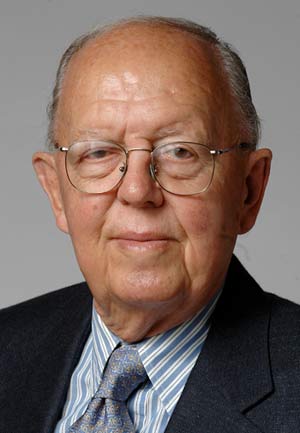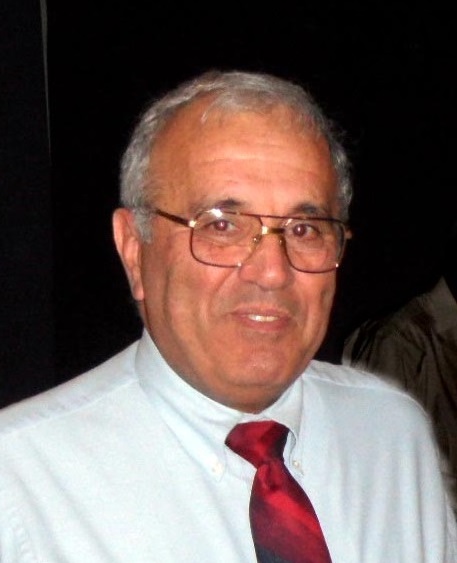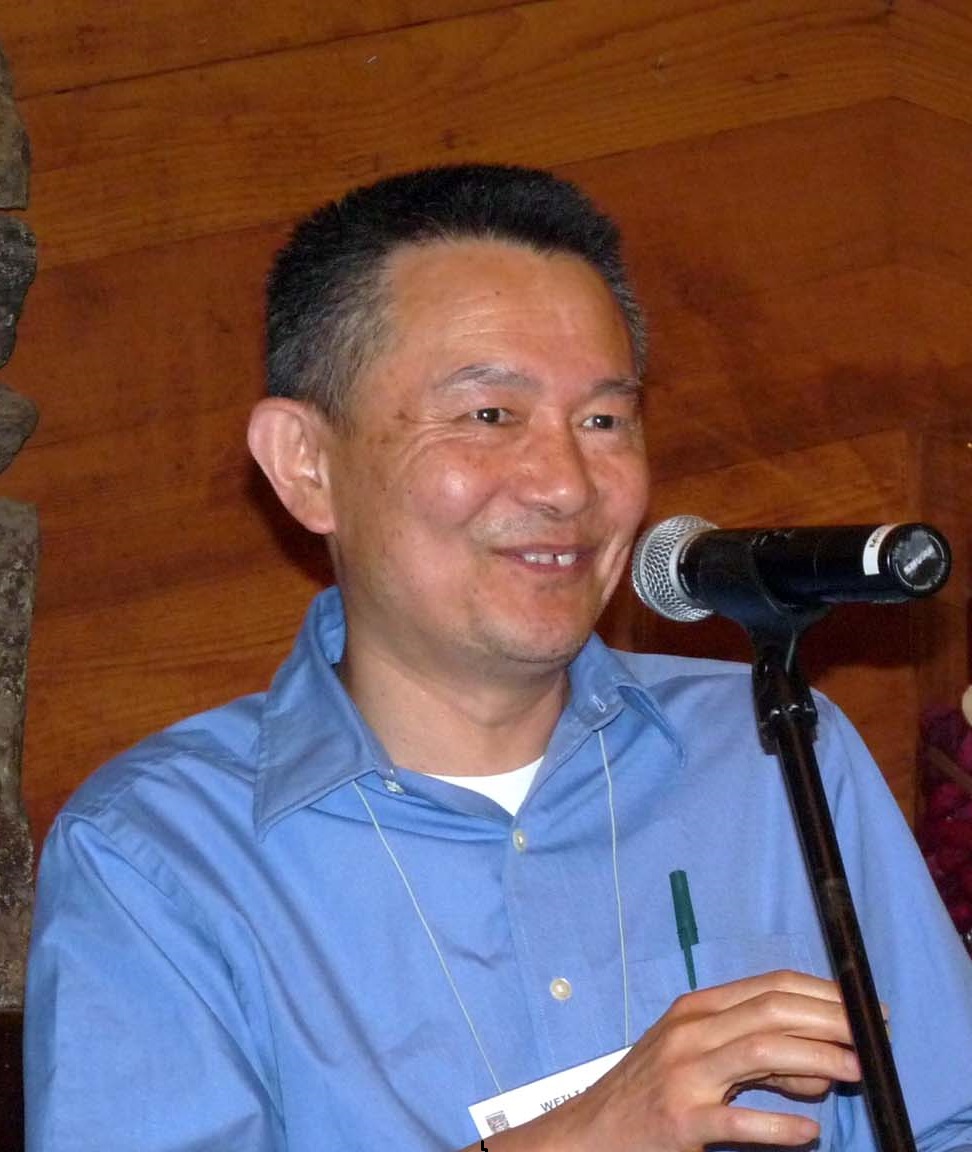

The Iain Finnie Memorial Award recognizes leading engineers and researchers who have made seminal contributions to applied residual stress technology through either major practical innovations or pivotal theoretical advances. The award is named to honor the life and achievements of Professor Iain Finnie, a gifted researcher and educator, who made many substantial contributions in the fields of residual stress measurement and materials behavior. The Iain Finnie Memorial Award comprises a framed certificate and a $1000 cash prize, kindly endowed by Mrs. Joan Finnie.
Iain Finnie, 1928-2010
Iain Finnie was born on July 18, 1928, to Scottish parents in Hong Kong. He attended Scotland’s University of Glasgow, where he graduated in 1949 with a Bachelor of Science degree with first class honors. He completed his M.S. and Sc.D. degrees in Mechanical Bngineering at the Massachusetts Institute of Technology (MIT) in 1950 and 1953, respectively.
Finnie was a leading expert on engineering materials. His 1959 textbook, Creep of Engineering Materials, written with William Heller, is regarded as a classic in its field. His pioneering work on erosion of materials has been emulated but never equaled by several generations of subsequent researchers. His early papers remain very highly cited. He pioneered early fracture mechanics work on the directional stability of cracks and Weibull statistics. He invented and popularized the Crack Compliance (incremental slitting) method for measuring residual stress.
In 1967, Finnie received a Guggenheim Award, a rarity for engineers, to study brittle solids. He was elected to the National Academy of Engineering in 1979, appointed an honorary member of the American Society of Mechanical Engineers in 1981, and received the ASME Nadai Medal in 1982. When he retired from UC Berkeley in 1993, Finnie received the Berkeley Citation, the highest honor the campus awards.

2013 Iain Finnie Awardee: Robert J. Bucci
Bob Bucci was awarded the 2013 Iain Finnie Award for his contributions to residual stress technology in the context of aerospace structural materials. His many contributions show a persistent drive to understand, quantify, and manage the influences of residual stress on the characterization and performance of aluminum alloys.
Bucci has been with Alcoa for 40 years, with his early work on the forefront of fracture mechanics technology. Bucci joined Del Research in 1970, as the small business was helping industry come to terms with fracture mechanics technology. At Alcoa, and in countless collaborations with colleagues in professional societies, Bucci supported the normalization of fracture mechanics testing standards, illuminating the ways that residual stresses can confound fatigue crack growth and fracture data.
Bucci obtained a B.S. in mechanical engineering at Northeastern University, an M.S. in solid mechanics at Brown University, and a Ph.D. in applied mechanics at Lehigh University. He received the ASTM Award of Merit, is a Fellow of ASM International, the Materials Information Society, and is a member of the American Institute of Aeronautics and Astronautics.

2010 Iain Finnie Awardee: Weili Cheng
Weili Cheng was awarded the 2010 Iain Finnie Award for his seminal contributions to the development of the Crack Compliance (incremental slitting) method for measurement of residual stress. Weili worked with Iain Finnie starting in the early 1980's to develop the theoretical, experimental, and analytical tools that led to the popularization of Crack Compliance. He co-authored over two dozen papers on the subject and co-authored the 2007 book Residual Stress Measurement and the Slitting Method.
Weili Cheng received his Ph.D. in Mechanical Engineering at U.C. Berkeley in 1984. He has worked as an Assistant Professor at Shanghai Jiao Tong University in Shanghai, an Associate Research Engineer at U.C. Berkeley and a Senior Mechanical Engineer at BEAR, Inc. He is currently an Advisory Engineer for Areva Solar in Moountain View, California.